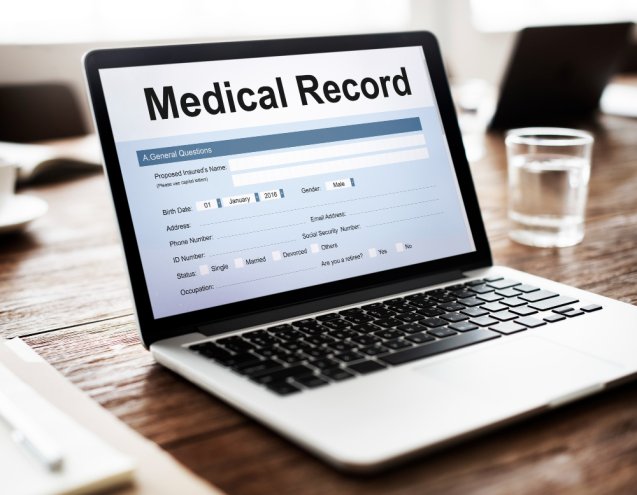
Every aspect of a patient’s medical record is critical in guiding treatment decisions. At Physicians Educating People, we provide professional medical record reviews that can help people gain a deeper understanding into their medical history. Read more to learn about the significance of medical record reviews in enhancing patient care, identifying errors, and supporting evidence-based practices.
Treatment gaps occur when a patient’s care plan fails to address all their health needs effectively. These gaps can lead to suboptimal outcomes, prolonged illness, or even the development of new health issues. Medical record reviews allow healthcare providers to evaluate the continuity and comprehensiveness of care. For instance, a review might reveal that a patient with diabetes hasn’t received the recommended eye exam in the past year or that a follow-up appointment was missed after a test result. Identifying these oversights can help providers take corrective action so that patients receive the complete care they need. Reviews also provide an opportunity to assess the appropriateness of the treatments prescribed. Are patients receiving evidence-based therapies? Are there any outdated or redundant medications in their regimen? Addressing these questions during a record review can improve patient outcomes by closing treatment gaps that might otherwise persist.
Diagnostic errors are a critical concern in healthcare, with potentially severe consequences for patient health. They can often occur due to incomplete patient information, misinterpretation of test results, or communication breakdowns among healthcare providers. Medical record reviews can catch these errors before they cause harm. During a medical record review, healthcare professionals examine a patient’s history, diagnostic tests, and treatment plans to ensure that the diagnosis is accurate. For example, a review might uncover that a patient diagnosed with a particular condition actually exhibits symptoms more consistent with a different illness. This discovery can lead to a reevaluation of the diagnosis and an adjustment to the treatment plan, ultimately improving patient outcomes.
Take a closer look and discover the full extent of what we have to offer.

Medical records must accurately reflect a patient’s health status, treatments, and interactions with healthcare providers. Inaccuracies or inconsistencies in these records can lead to inappropriate care decisions, billing issues, and even legal challenges. Medical record reviews serve as a quality control mechanism to ensure that records are accurate and compliant with regulations. Reviewing records regularly can help healthcare organizations identify discrepancies, such as missing information, incorrect coding, or documentation that fails to meet regulatory standards. Taking care of these issues promptly improves the quality of care and protects the organization from potential audits or legal disputes. Accurate and compliant records are also important for coordinated care, especially when multiple healthcare providers are involved in a patient’s treatment. Medical record reviews ensure that all providers have access to the same accurate information, which facilitates better communication and continuity of care.
Evidence-based practice requires the use of the best available research, along with patient preferences and clinical expertise, to make clinical decisions. However, implementing EBP requires a solid foundation of accurate and up-to-date patient information. A review might reveal that a patient with heart disease is not receiving the most current standard of care recommended by leading cardiology organizations. Identifying discrepancies allows healthcare providers an opportunity to adjust their practices to align with evidence-based guidelines. Record reviews can identify areas where clinical practice deviates from established guidelines as well. This could prompt further investigation into whether these deviations are justified by patient-specific factors or whether they represent a need for updated training or resources.
At Physicians Educating People, we harness the power of medical record reviews to ultimately help people increase their medical understanding and receive the best possible care. If you're looking to improve your health history knowledge with thorough and insightful medical record reviews, contact us today to find out how our services can support you.

Waiting on a medical record review can feel like forever, especially when important decisions are riding on the outcome.…
Read More
Medical records shape nearly every decision that gets made in healthcare, from diagnoses to prescriptions to follow-up care. A small…
Read More
Medical records are full of information, but raw data doesn't explain itself. When cases involve multiple providers, years of treatment…
Read More